Research
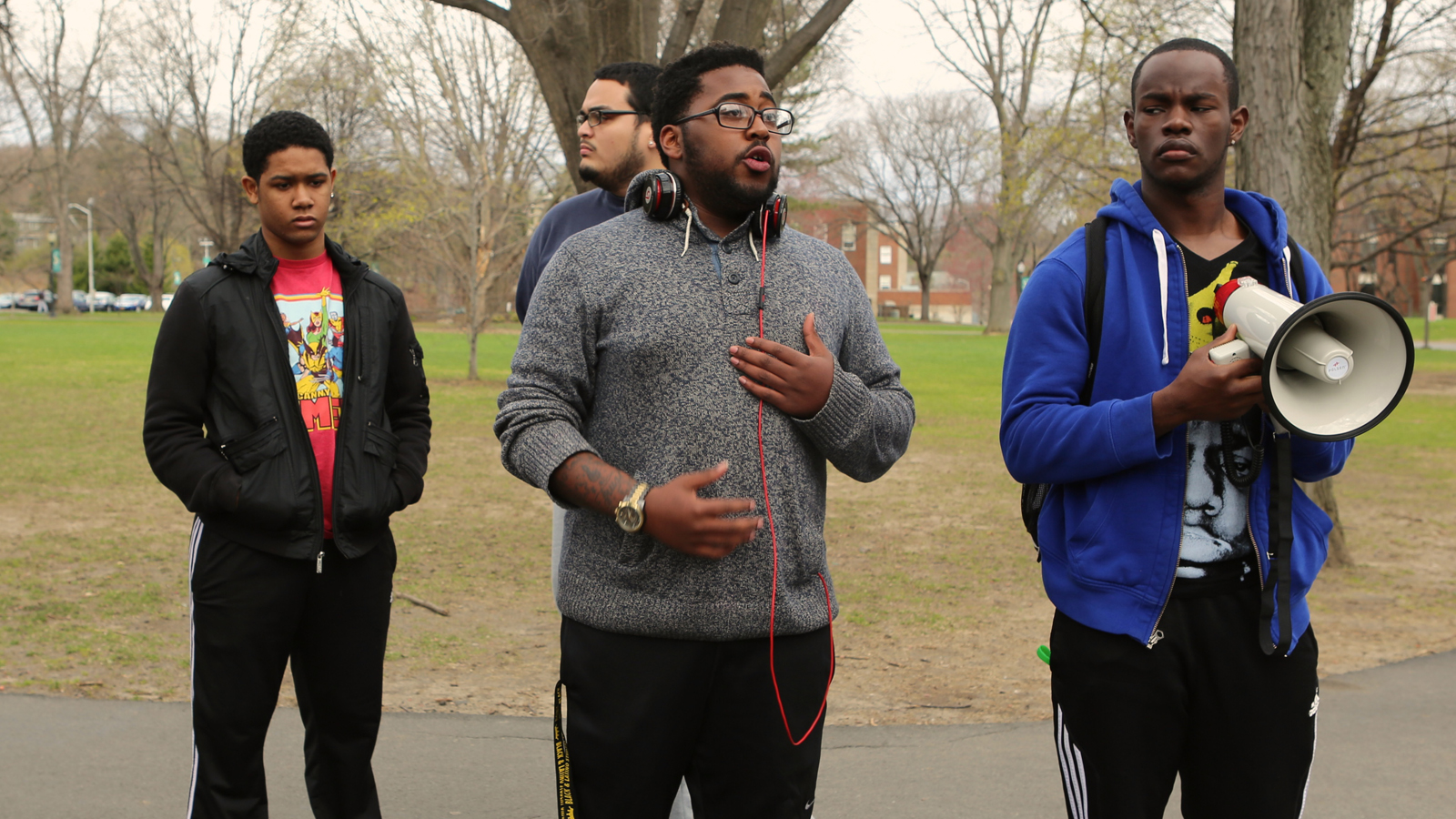
Helping Youth Cope with the Consequences of Discrimination

Nonprofit Executive Turnover More Turbulent Than Previously Thought
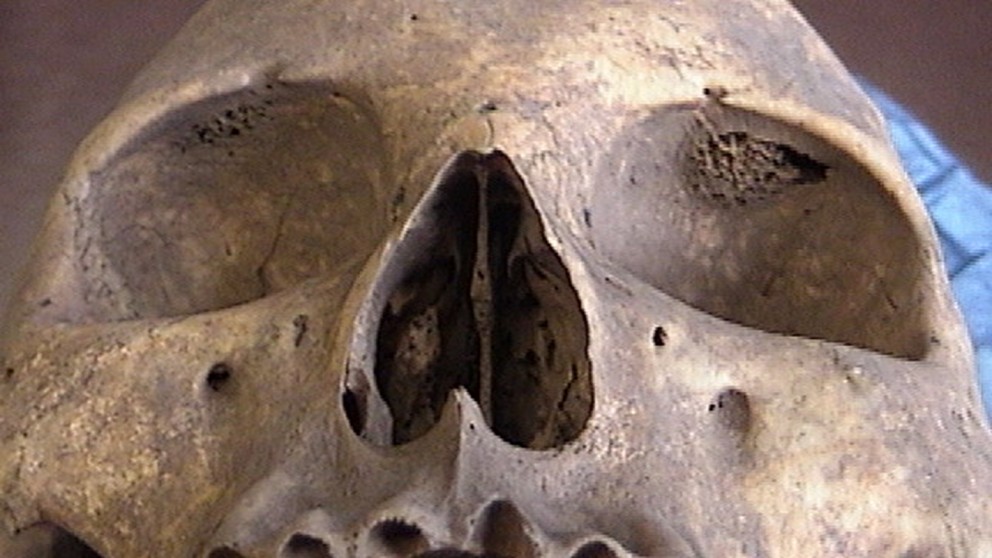
Study: Eye-Socket Condition Thought Extinct is Actually Widespread

Study: Medicare Part D Boosts Medication Adherence, Reduces Blood Pressure Risk
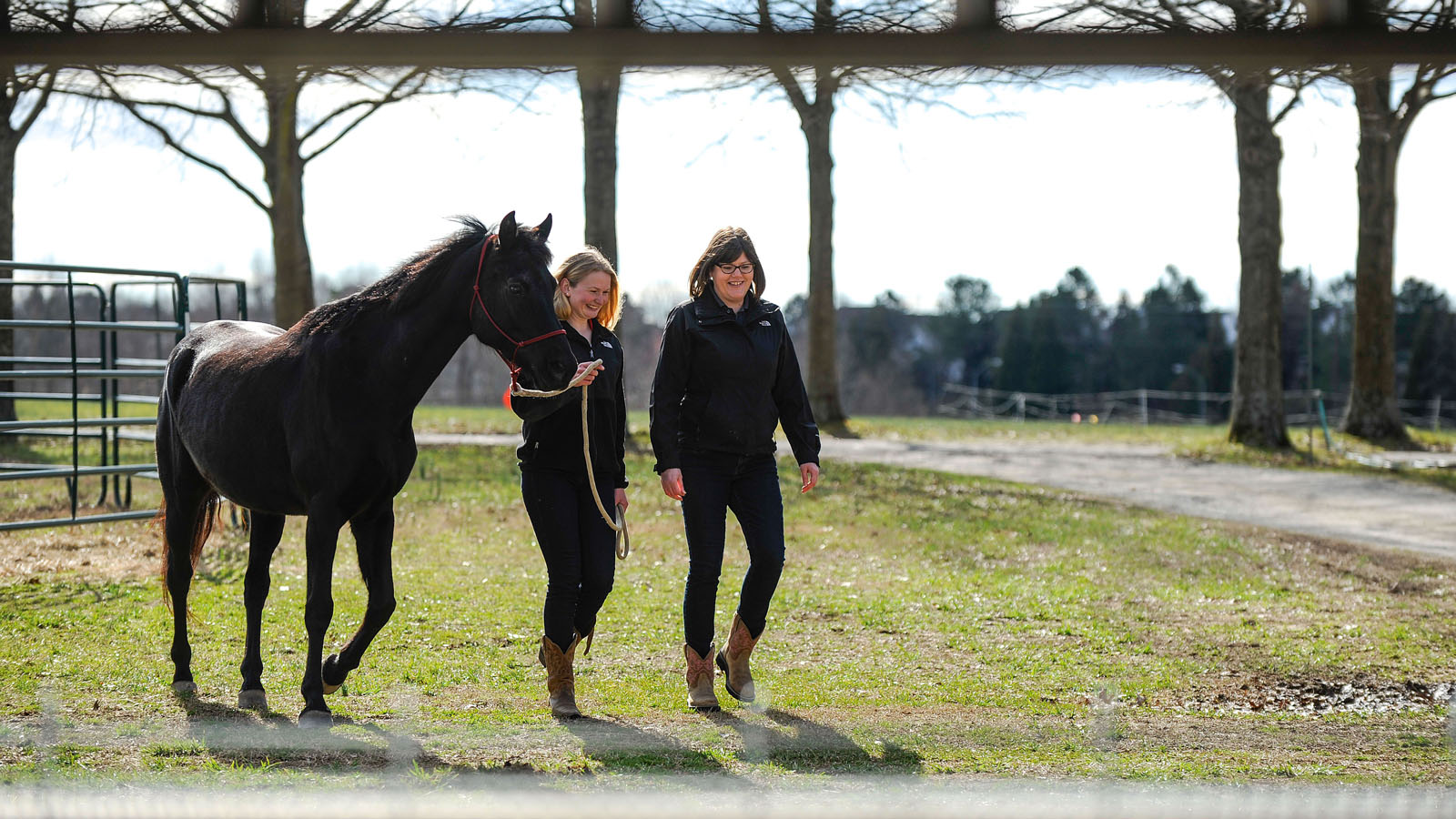
The Bonds That Heal: Studying Human-Animal Interactions

Finding King’s Speech

Rescuing a Script from Extinction
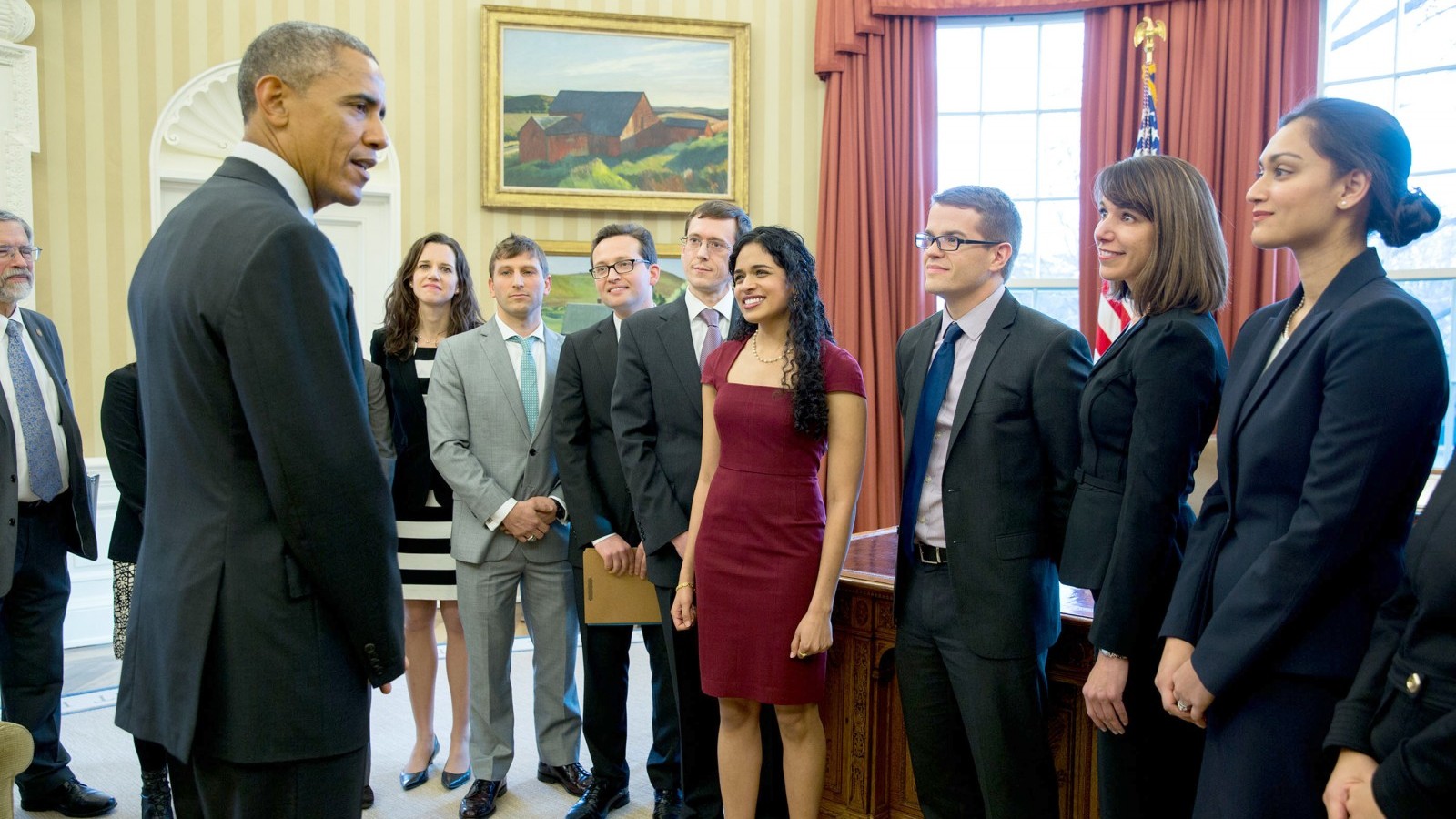
Psychology Professor Serves on White House Team
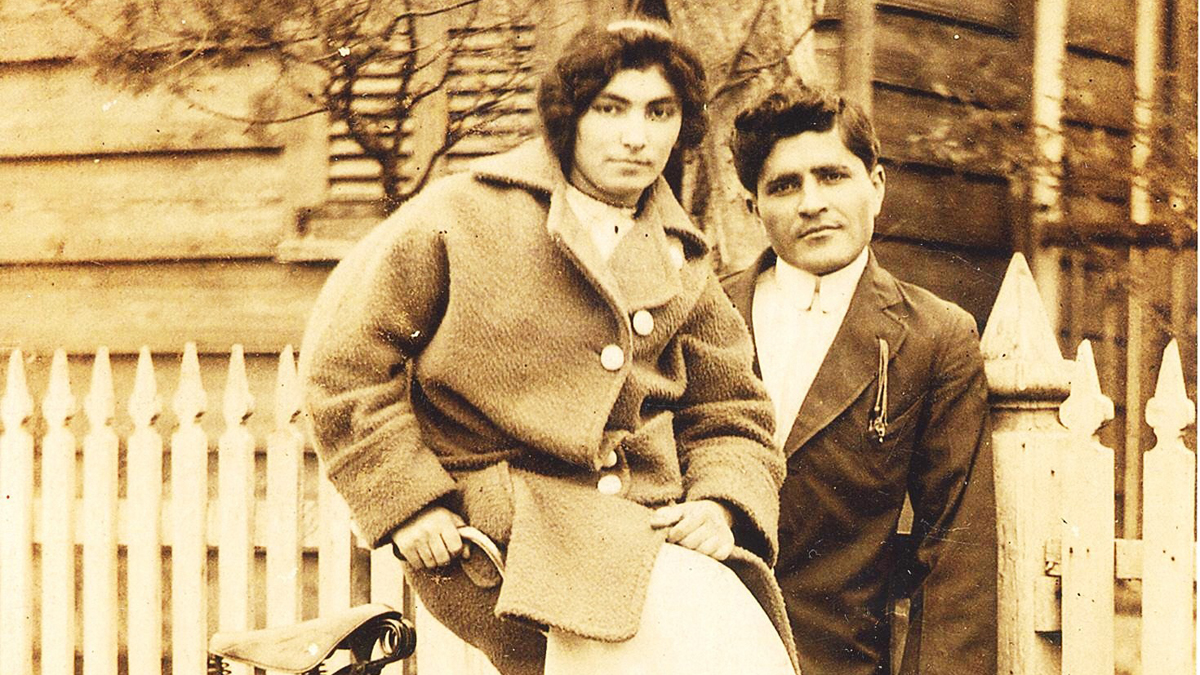
They Followed Their Dreams Across the World
